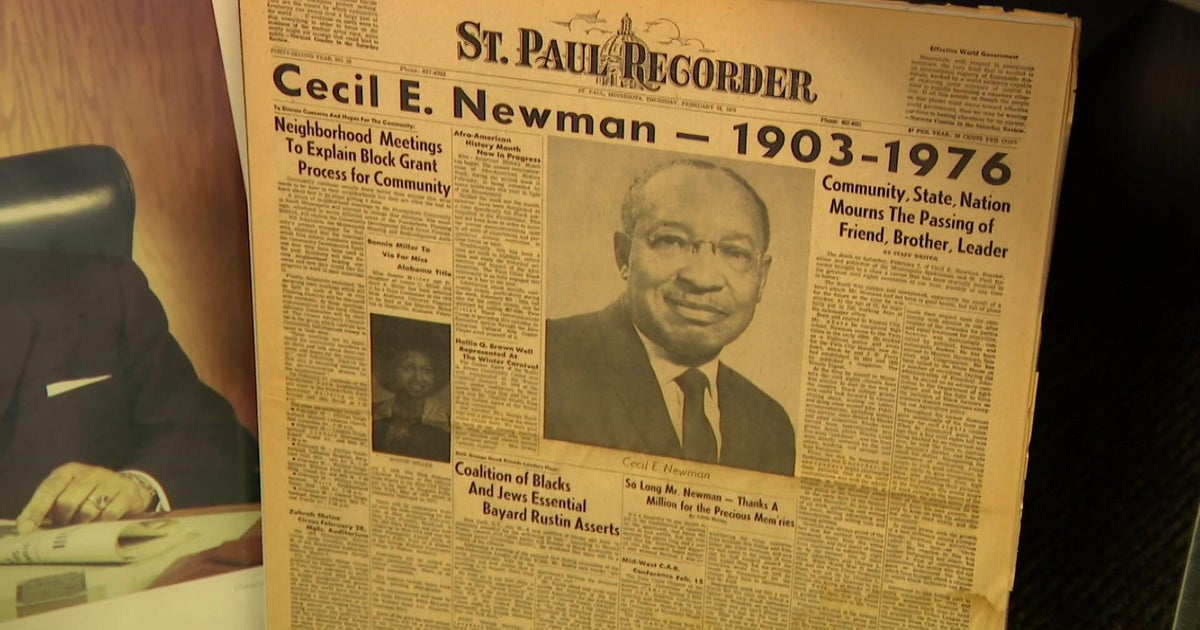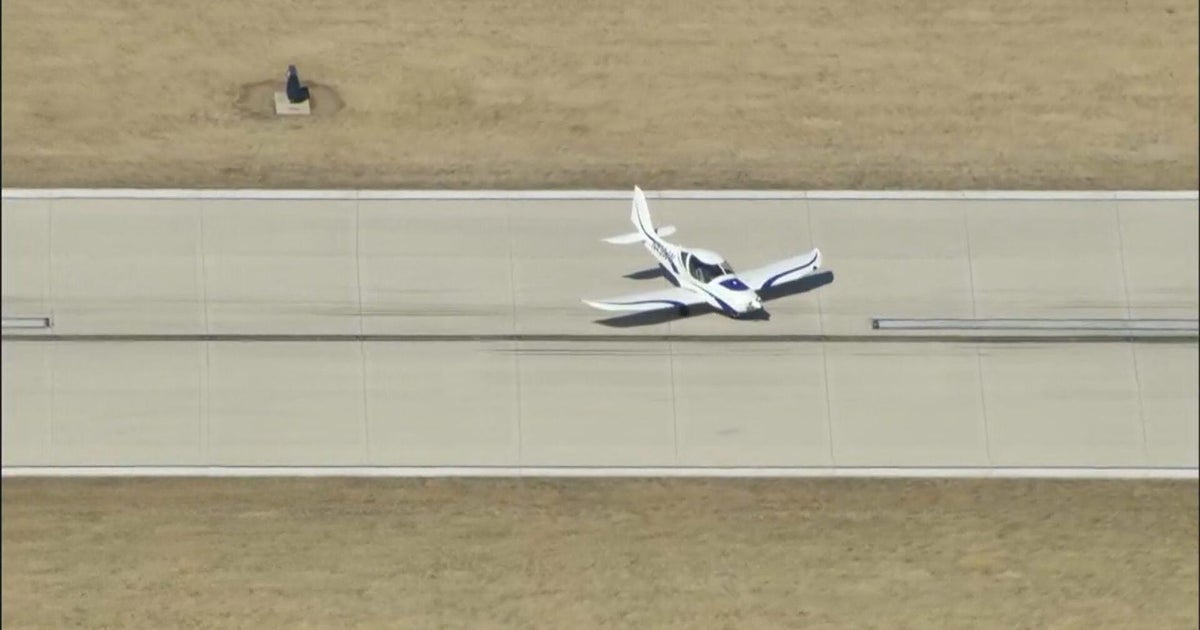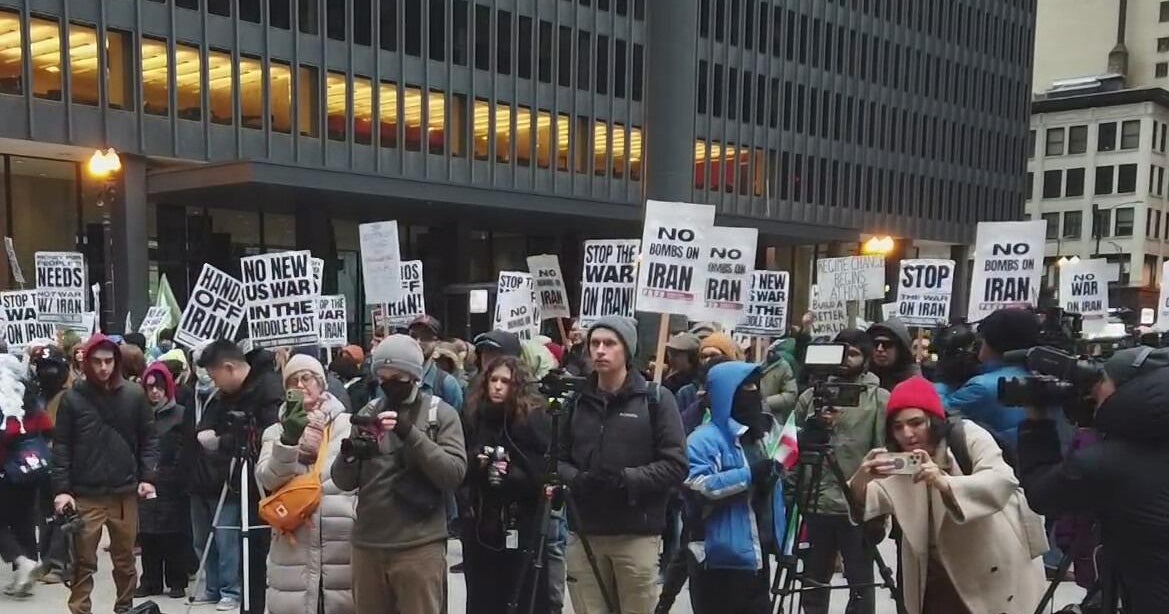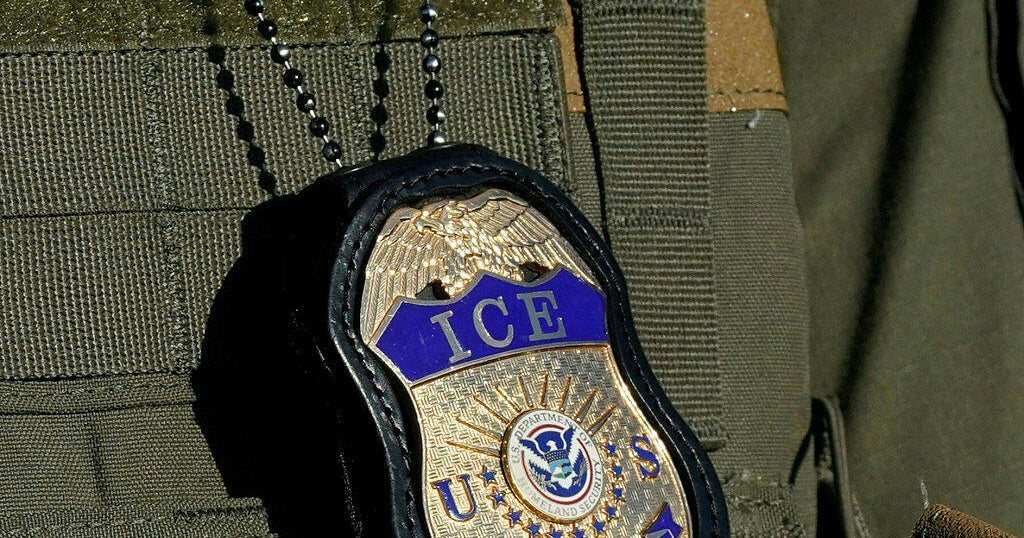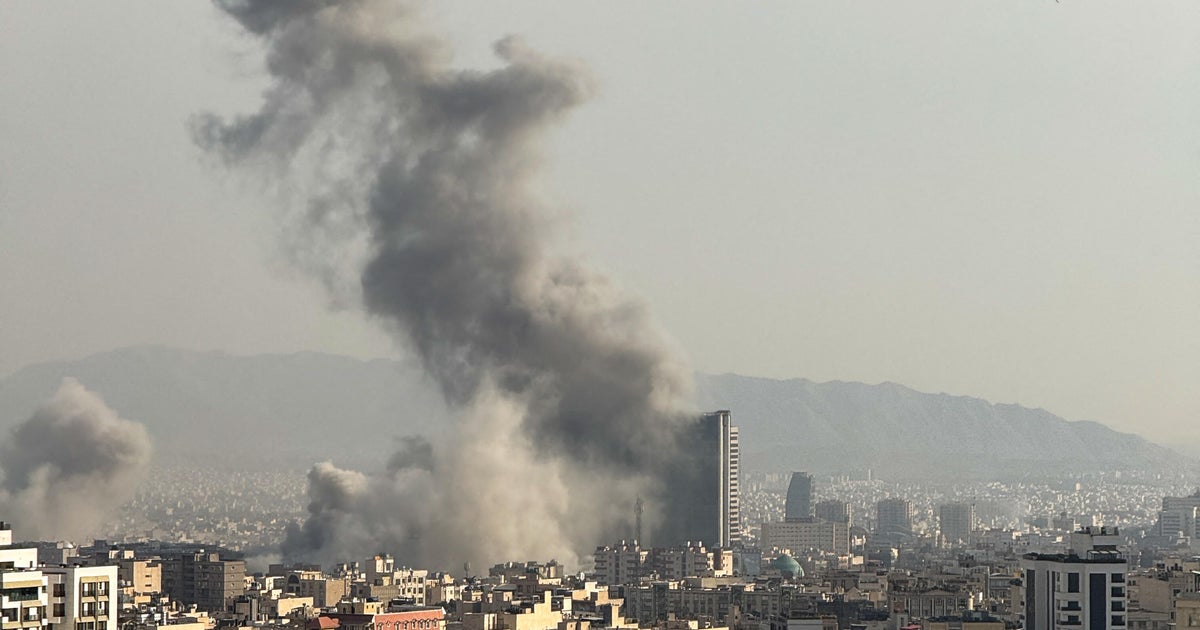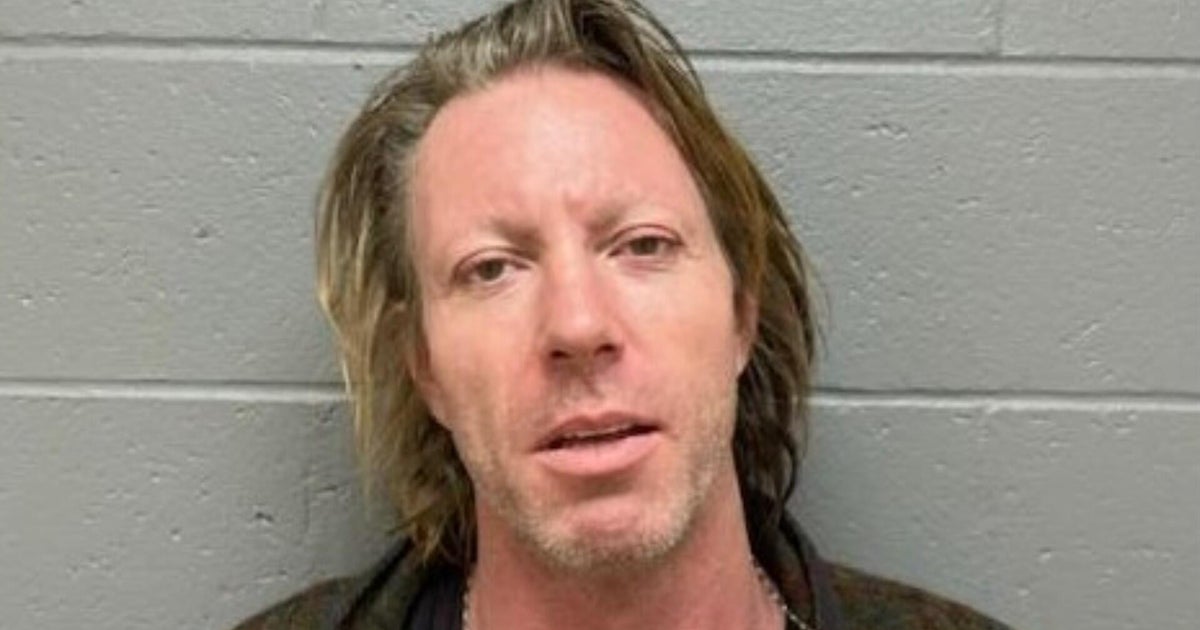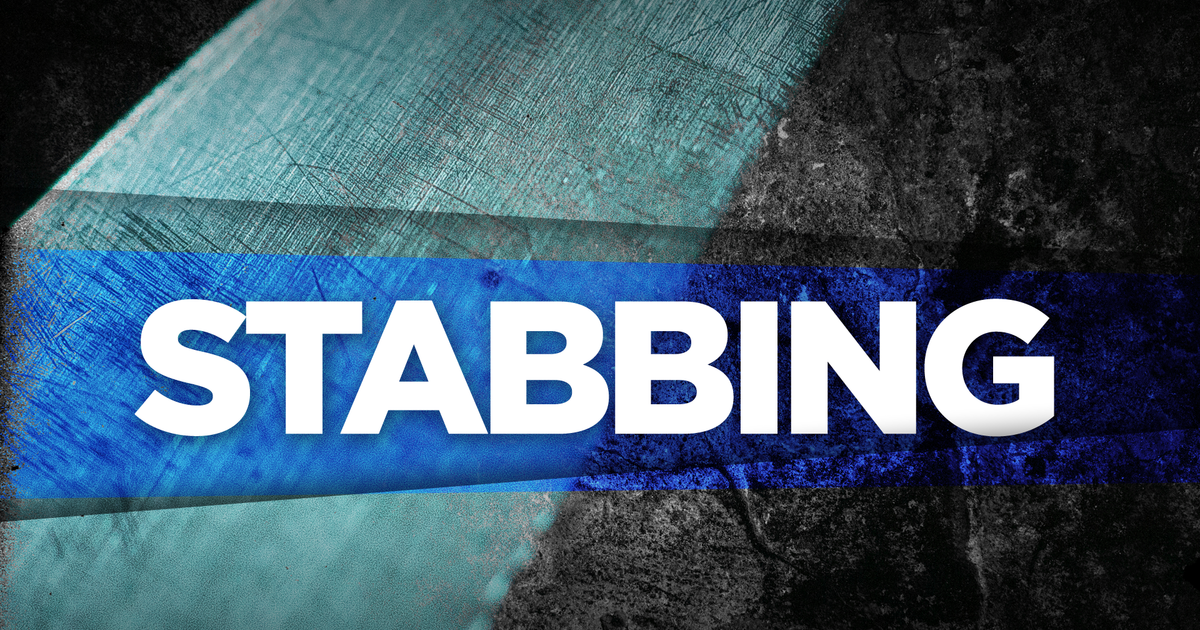Anti-Terror Pilot Brings Hope To Minnesota Somalis
MINNEAPOLIS (AP) — A man who has long sought more resources to steer young members of Minnesota's large Somali community in positive directions said Wednesday he was excited to hear the Minneapolis-St. Paul area will participate in a federal pilot program to stop extremists from recruiting Americans to join foreign terror organizations.
Abdirizak Bihi, whose nephew was recruited to fight with a terror group in Somalia in 2008, has long advocated for after-school programs, job training and other activities that he says will counter radical messages and give at-risk youth a sense of empowerment. On Wednesday, he couldn't hold back his enthusiasm, and called U.S. Attorney Andy Luger to thank him.
"For me, to call someone and say thank you — it hasn't happened for a long, long time," Bihi said. "Finally, I feel like somebody is listening."
Luger said Tuesday that the Twin Cities will participate in a pilot program that will bring more national expertise and resources to address terror recruiting in Minnesota — where authorities are investigating how a handful of people were recruited to travel to Syria and fight with militants. Luger said he's determining what Minnesota needs, and will go to Washington next month to ask for appropriate resources.
Bihi said the community is desperate for after-school and job training programs: At one recent event, 100 families signed up for after-school programming in three hours.
He said these programs keep kids engaged and make them feel like they belong. To highlight the successes, he proudly points to a picture of a young man who attended after-school programs as a youth and is now in the Navy. He also points to two young men who are working on a new apartment complex in the heart of Minneapolis' Somali neighborhood.
Seleban Salah, a laborer on the project, said the job training he received motivated him to work hard. He said he knows that by working in the Somali neighborhood, he's showing younger kids they can do positive things.
"It inspires a lot of young kids ... to do something to get them off the street," he said.
Mohamud Noor, director of the Confederation of Somali Community in Minnesota, said he'd like more details on the pilot's end goal, and who will be involved. He said he would like schools to play a role.
For now, Bihi and other community advocates are forming a coalition to discuss what resources they need and come up with proposals. He said a central community center, where elders, youth and others can gather for mentoring or athletics is one idea. But the goal, he said, is to "outgame" the recruiters, and counter their messages with positive ones, and he said the federal pilot fills him with hope.
"The mothers I am seeing, the fear, it is more than ever. They are saying, 'We can't trust our children with anyone,'" he said. "We needed a leader to come forward and say, "Yes, I'm going to Washington. I'm asking for resources,' and name the things we need."
(© Copyright 2014 The Associated Press. All Rights Reserved. This material may not be published, broadcast, rewritten or redistributed.)
